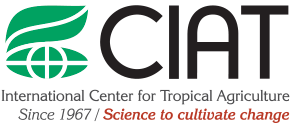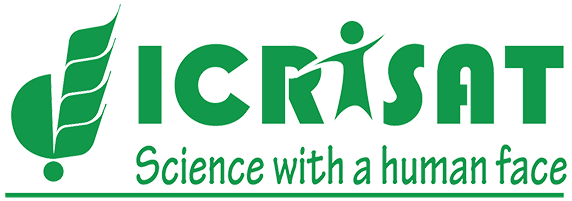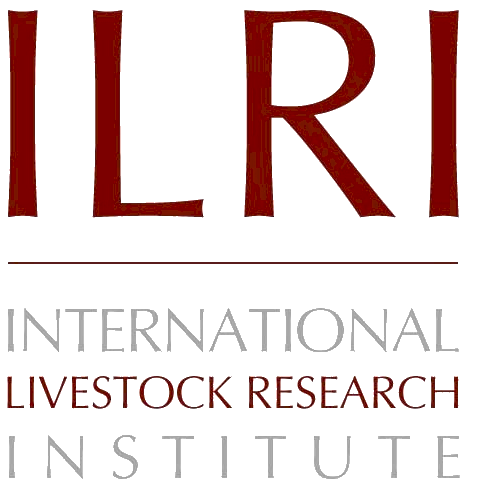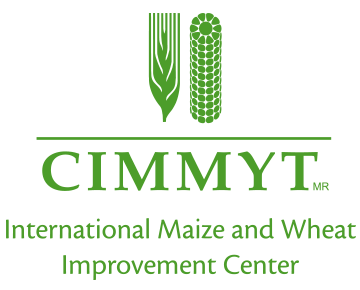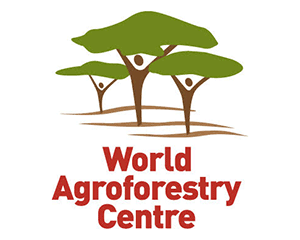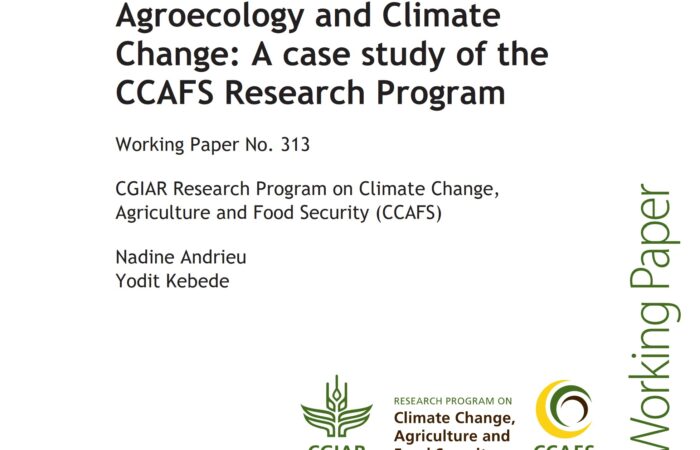
Abstract
Climate change is challenging the sustainability of agricultural systems. Some authors argue that only an agroecological transformation of agricultural systems is the appropriate response to climate change issues. CGIAR Research Program on Climate Change, Agriculture and Food Security (CCAFS), aims to catalyze positive change towards climate-smart agriculture (CSA), food systems and landscapes to meet the triple goals of food security, adaptation and mitigation. In this paper, we present agroecological principles as defined by various authors or institutions and question how they address climate change issues. Using FAO 10 elements of Agroecology as framework we investigate to what extent CCAFS is aligned with agroecological principles. To answer these questions, we used a combination of bibliographic study, interviews of CCAFS Flagship leaders and text mining method. Our main conclusion is that although agroecology was not a key concept in the design of CCAFS activities, on the ground many promoted practices where agroecological practices and several of the 10 FAO elements of agroecology were addressed but with a different perspective than the one promoted by the proponents of agroecology. To further improve or re-direct CCAFS activities with agroecological principles we recommended five main areas of intervention: to better include agroecological principles in the implementation of NDCs, to strengthen system thinking for food system transformation, to strengthen landscape-level activities, to develop projects on circular and solidarity economy, and to use CIS to support the implementation of agroecological practices.


